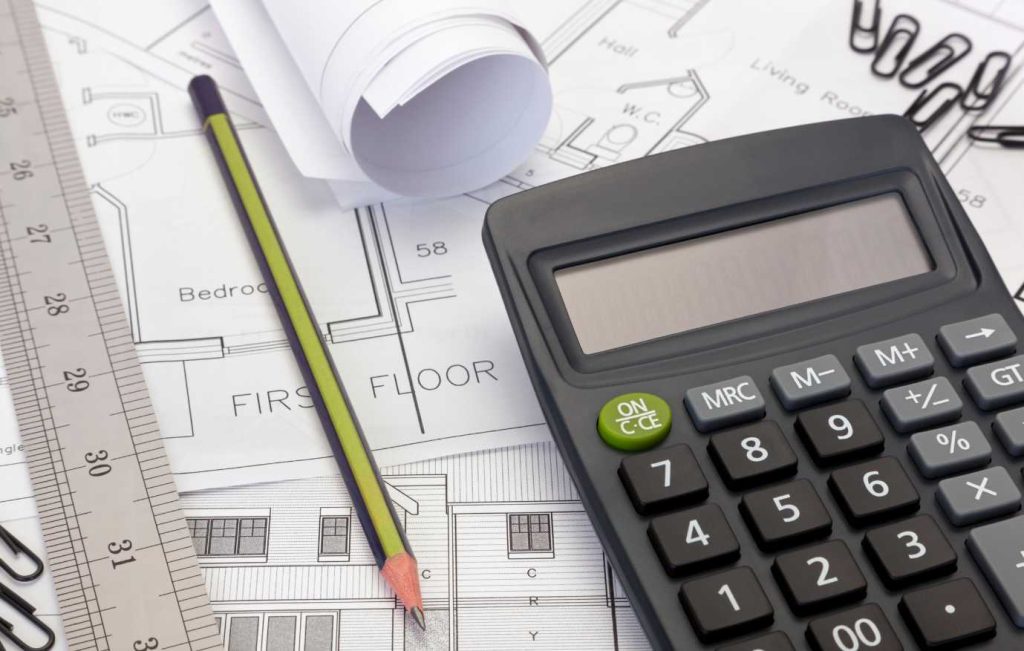If you’re a contractor or involved in the construction industry, understanding the intricacies of general conditions is essential. These conditions impact everything from project timelines to cost estimates, playing a crucial role in the successful execution of any construction project. In this guide, we’ll break down what general conditions are, how they affect the estimating process, and their relationship with general requirements.
What Are General Conditions in Construction?
General conditions refer to the indirect costs associated with a construction project. Unlike direct costs such as labor and materials, general conditions encompass the expenses needed to manage and support the project. These include administrative costs, site management, and temporary facilities. Understanding these costs is vital for accurate project budgeting and effective resource management.

Key Elements of General Conditions
- Administrative Costs
Administrative costs cover the salaries of project managers, engineers, and administrative staff. They also include office expenses, software, and other tools necessary for project management.
- Site Management
Site management costs involve the day-to-day management of the construction site. This includes site supervision, safety measures, quality control, and coordination of subcontractors.
- Temporary Facilities and Utilities
Temporary facilities such as site offices, storage units, and worker accommodations are part of the general conditions. Additionally, utilities like water, electricity, and sanitation services fall under this category.
- Equipment and Tools
The rental or purchase of construction equipment and tools necessary for project completion is included in the general conditions. This also covers maintenance and operation costs.
- Permits and Insurances
Obtaining the necessary permits and insurances is crucial for any construction project. These costs are part of the general conditions and ensure compliance with legal and safety standards.

Impact on the Estimating Process
General conditions significantly influence the estimating process. They are typically calculated as a percentage of the total project cost or a fixed sum based on project duration. Accurate estimation of these costs is crucial for preparing competitive bids and maintaining profitability.
Relationship with General Requirements
While often used interchangeably, general conditions and general requirements are distinct. General requirements are the specific project stipulations outlined in the contract, detailing the scope of work, materials, quality standards, and other specifications. General conditions, on the other hand, are the overhead costs necessary to fulfill these requirements.
Strategies for Managing General Conditions
- Detailed Planning
Effective planning and scheduling can help manage and reduce general condition costs. Detailed project plans allow for better resource allocation and minimize delays.
- Monitoring and Control
Regular monitoring and controlling of expenses ensure that general condition costs remain within budget. This involves tracking actual costs against estimates and implementing corrective actions when necessary.
- Efficient Resource Management
Optimizing the use of resources such as labor, equipment, and materials can significantly reduce general condition expenses. Efficient management practices lead to cost savings and increased project profitability.

Conclusion
General conditions are a vital component of construction project management, impacting everything from cost estimation to project execution. By understanding and effectively managing these costs, contractors can enhance project efficiency, ensure compliance with requirements, and maintain profitability. For more detailed insights and strategies on managing general conditions, visit ADDMORE Services
For further reading and resources, check out ADDMORE’s Resources page and stay updated with the latest trends and best practices in construction project management.








